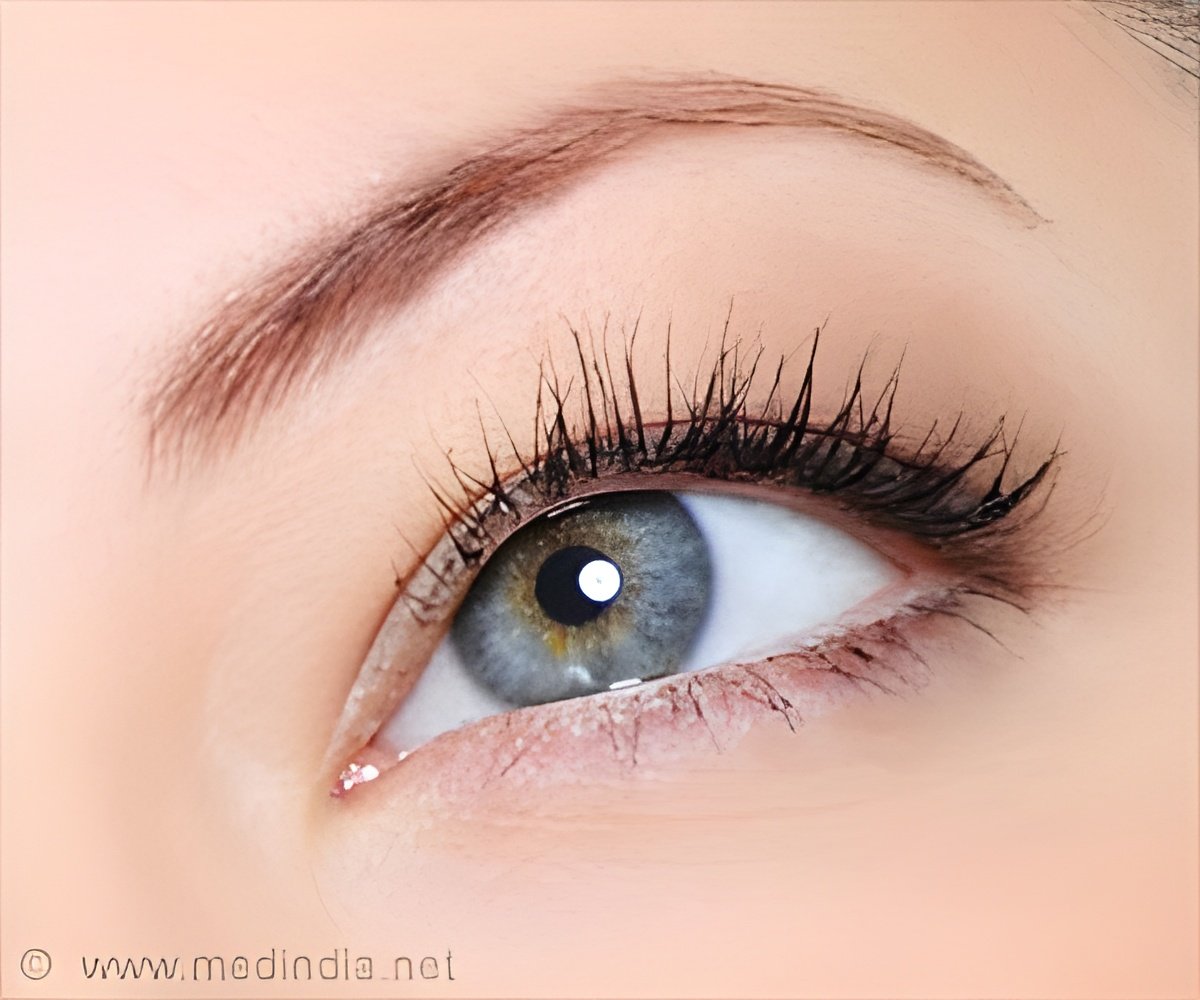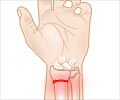Nearly two thirds of teenage female athletes fail to realize their full potential due to bullying and low self esteem, a new study reveals.

According to the new research commissioned by Dove, lack of self-esteem among 11-17 year old girls prevents them from realising their full potential, with huge consequences for their personal and professional future.
As Dove launches the 2012 campaign for Dove Self-Esteem Programme (DSEP), the extent of the issue has become clear.
Self and body-esteem issues could mean an estimated two to three potential female medalists drop out of sport and as a result, never step onto the winner's podium in future games.
The study reveals the shocking impact of low self-esteem, with the business world looking set to suffer.
If the status quo remains, the UK could be deprived of 200,000 female business professionals and 42,000 successful female entrepreneurs by 2050.
Advertisement
This has a huge impact on the medical and legal professions with the potential number of female doctors and lawyers reducing by 17 percent.
Advertisement
The shocking discontentment felt amongst young girls about their appearance is at the heart of the issue.
Nearly half (45 percent) describe themselves as "average" and "ordinary" with a further 10 percent feeling "plain", "unattractive" and "ugly".
Social media also plays a huge part in hindering face-to-face self-confidence, with 60 percent of girls feeling more comfortable interacting online.
As a brand that is dedicated to building positive self-esteem, Dove has developed the 2012 Campaign for Dove Self-Esteem Programme (DSEP) to make a real change to the way young girls perceive and embrace beauty.
"We are passionate about our social mission and want to continue to help young girls and women develop a positive relationship with their bodies," the Daily Mail quoted Ali Fisher, Dove Marketing Manager, as saying.
"We've already reached over 800,000 young people in the UK as part of our Dove Self-Esteem Programme and our aim is to reach 1 million by the end of 2012.
"We really hope to create a step change for self-esteem with our 2012 campaign," Fisher said.
With just over half (53 percent) of all girls believing that they would be happier if they were more beautiful, the reward for closing the self-esteem gap has never been so great, whilst the danger of failing to do so, equally profound.
Source-ANI











